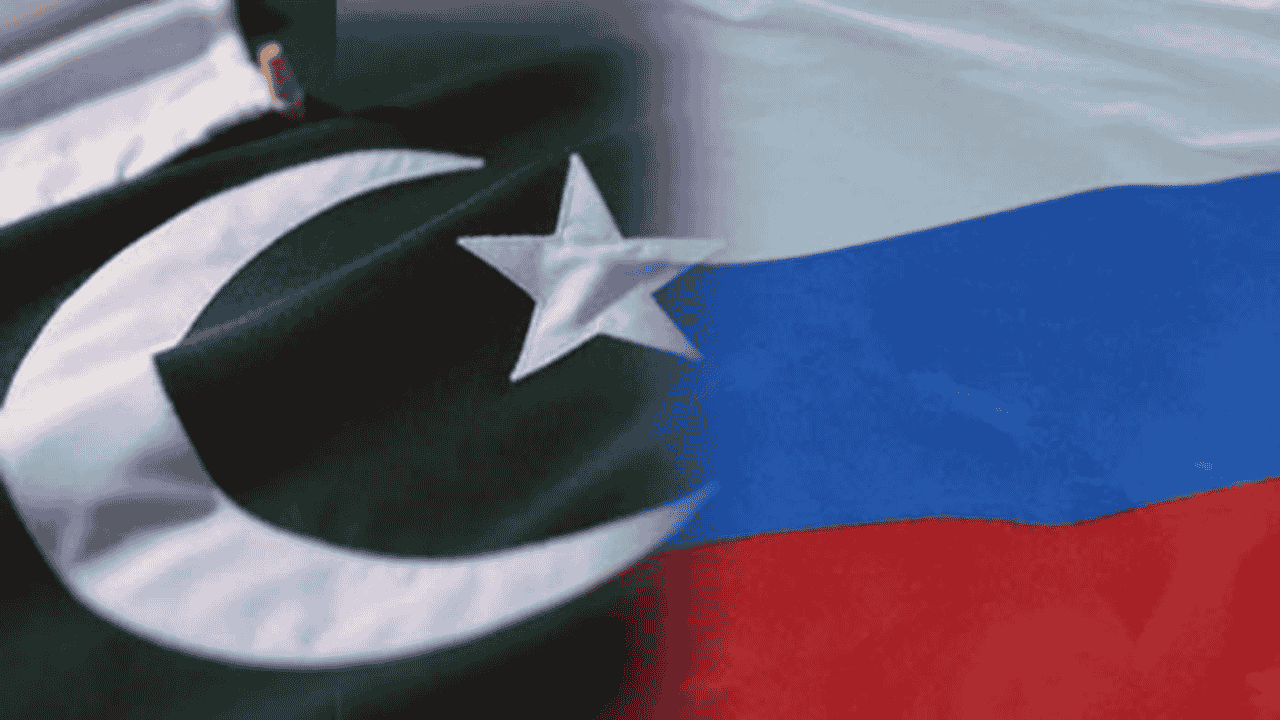By Abdul Ghani
ISLAMABAD– Negotiations are underway to finalize the schedule for Pakistan’s first pilot freight train to Russia, which will carry 16 containers of rice in its inaugural shipment.
The project, launched under the 9th Intergovernmental Commission (IGC), aims to connect Karachi Port with Moscow via Iran, Turkmenistan, and Kazakhstan. A contract between Pakistan Railways and Russian Railways (RZD) was signed in May 2025, paving the way for this landmark service.
Shipment Delays and Ongoing Negotiations
Officials said the rice containers were prepared for dispatch earlier this year, but departure was delayed due to the regional situation in Iran. Talks are now ongoing to set a new date for the train’s departure.
The proposed corridor will stretch nearly 7,000 kilometers, with freight expected to reach Moscow in 20–25 days at a cost of around USD 5,600 per container. Authorities believe the service will not only provide a faster, more cost-effective alternative to sea transport but also open new markets for Pakistani agricultural exports.
Strategic Importance of the Pilot Train
The pilot train is seen as the first step toward establishing a regular overland route to Russia and Central Asia, thereby strengthening Pakistan’s trade footprint in the region.
The initiative is part of Pakistan’s broader strategy to diversify trade routes and reduce reliance on sea transport. Traditionally, Pakistani exports to Russia—including rice, textiles, fruits, and vegetables—have been shipped through long and costly maritime routes via the Suez Canal and European ports.
The new overland corridor is expected to reduce delivery time from 35–45 days by sea to just 20–25 days by rail, while lowering costs, making Pakistani goods more competitive in Russian and Central Asian markets.
Geopolitical and Regional Integration
Geopolitically, the corridor will make use of existing rail networks through Iran, Turkmenistan, and Kazakhstan, integrating Pakistan into the north–south transit chain that regional countries are developing to bypass traditional chokepoints in global trade.
However, progress has been slowed by instability in Iran, which disrupted transit arrangements earlier in 2025.
For Pakistan, the pilot shipment of 16 rice containers represents more than a commercial move—it symbolizes new export opportunities and deeper economic cooperation with Russia and Central Asia. For Russia, it offers an alternative supply source for food imports amid shifting global trade dynamics.
If successful, the project could grow into a regular rail freight service, eventually expanding beyond agriculture to other commodities, creating a strategic trade artery between South Asia and Eurasia.
Author Profile






